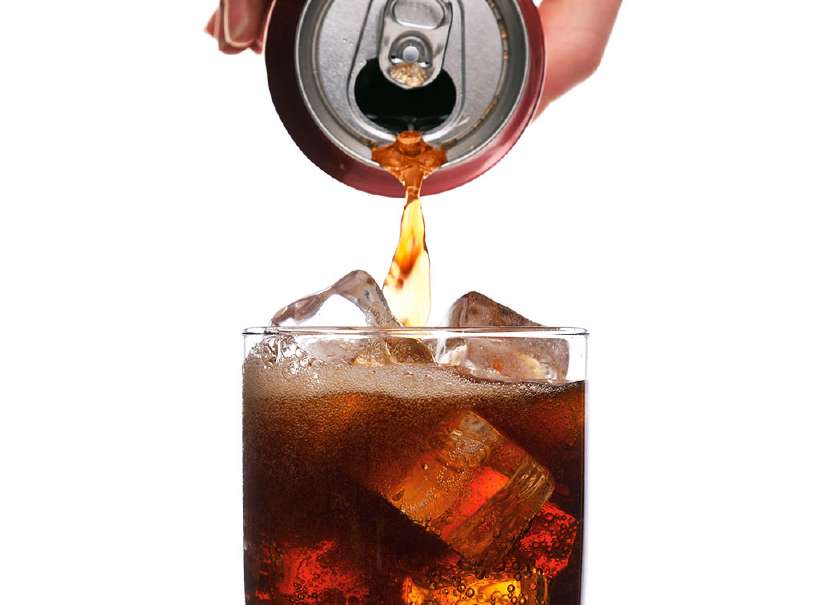Why does Cola Fizz?
Home / Science for Kids / 5Ws & H For Kids / Why does Cola Fizz?
Switch on the television and you are bound to see some cola advertisements. Aamir Khan, a Bollywood hero, pops open a cola and the bubbly drink fizzes to the top. Have you ever wondered what causes the countless teeny bubbles in all these soft drinks?
Soft drinks are carbonated, i.e. carbon dioxide gas is dissolved in the liquid. This gas gives the drink its sparkle and tangy taste, and prevents it from spoiling (the gas reduces bacterial growth).
Carbon dioxide gas dissolves in a liquid solution only under high pressure. When a cola bottle is popped open, pressure is released and the carbon dioxide gas rises up. It forms countless tiny bubbles that pop and create a fizzing sound.

If you shake a bottle of cola before opening it, what happens?
The shaking causes some of the gas to come out of the cola solution. As the lid is not yet opened, the gas gets compressed in the tiny space – above the cola and below the lid. This causes a pressure to build up. When the cap is opened, the drink sprays out on you and creates a mess.
Two parts of oxygen and one of carbon: CO2
Carbon dioxide is a colourless, odourless gas that does not burn. One molecule of the gas consists of one atom of carbon, joined to two atoms of oxygen (CO2). Dissolving carbon dioxide gas in a solution is known as carbonation.
Carbonation takes place by chilling the liquid and letting it flow over a series of plates in an enclosure that contains carbon dioxide under pressure. The lower the temperature and the higher the pressure, the greater the amount of gas that dissolves in the drink. Besides causing the fizz in soft drinks, carbon dioxide is also used to put out fires. Solid carbon dioxide (known as dry ice), is widely used to refrigerate things, as its cooling effect is almost twice that of water ice.
328 words |
3 minutes
Readability:
Grade 6 (11-12 year old children)
Based on Flesch–Kincaid readability scores
Filed under: 5ws and h
Tags: #oxygen, #carbon, #carbon dioxide, #pressure
You may also be interested in these:
Who stole the Candle Wax?
Global Warming
How does a Submarine Work?
How can We Use Water to run Cars?
Everything is made of something